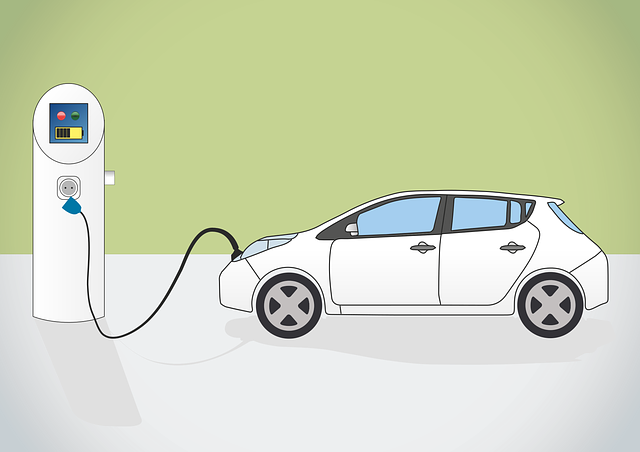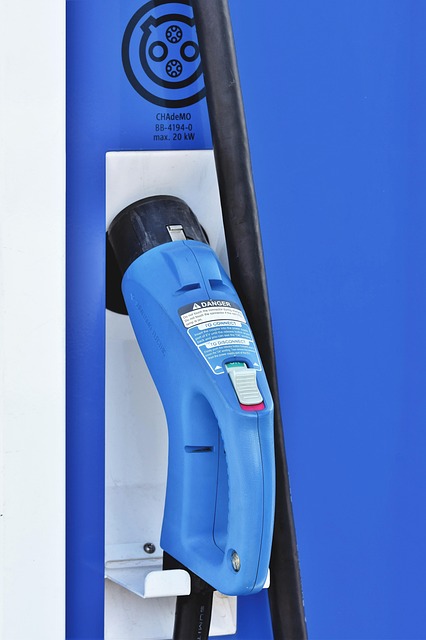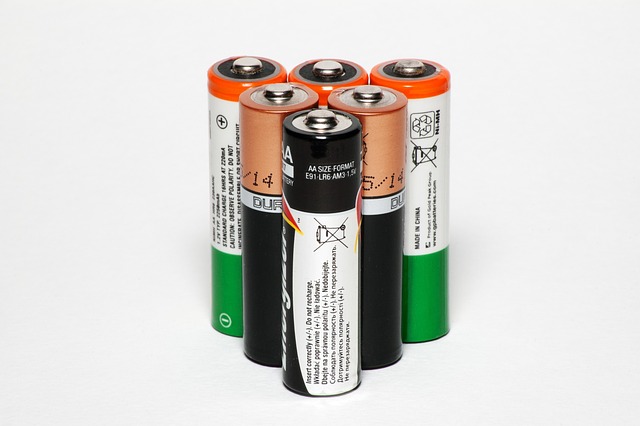Selecting the right car batteries is vital for vehicle performance and maintenance. Consider CCA for adverse conditions, longevity for reduced costs, and compatibility with your vehicle's make and model. Modern lithium-ion batteries offer enhanced performance at a higher cost but are eco-friendly. Weigh cost, efficiency, and environmental factors when choosing Select Car Batteries. Proper installation, regular care, and corrosion prevention extend battery life. Reputable brands and maintenance checks ensure optimal performance and long-term reliability.
“Upgrade your car’s battery for better performance and longevity! This comprehensive guide explores essential aspects of enhancing your vehicle’s power source. From understanding your car’s battery needs to navigating various types and factors in selecting car batteries, you’ll gain valuable insights. Learn about the benefits, costs, installation tips, and maintenance strategies for an upgraded battery. Discover how this simple upgrade can significantly impact your driving experience, ensuring a reliable and efficient ride.”
- Understanding Your Car's Battery Needs
- Factors to Consider When Selecting Car Batteries
- Different Types of Car Batteries Explained
- Upgrading: The Benefits and Costs
- How to Safely Install a New Car Battery
- Maintaining Your Upgraded Car Battery
Understanding Your Car's Battery Needs

Understanding your car’s battery needs is crucial when considering an upgrade. Different vehicles have varying requirements depending on factors like age, size, and usage. When selecting a new car battery, it’s essential to consider its cold cranking amps (CCA), which represent its starting power. Higher CCA ensures better performance in colder climates and during frequent starts. Additionally, modern cars often come with advanced electrical systems, making it vital to choose batteries compatible with these features.
Choosing the right car battery is not just about power; it’s also about longevity. Opting for long-lasting car batteries can significantly reduce maintenance costs and replace them less frequently. Hybrid car battery types, for instance, offer superior durability and performance in electric vehicles. Moreover, integrating efficient car battery charging systems ensures optimal battery health by providing consistent and adequate charging, thereby prolonging its lifespan.
Factors to Consider When Selecting Car Batteries

When selecting a car battery, several factors come into play. First and foremost, consider your vehicle’s make and model; different cars have varying electrical requirements, so choosing a battery compatible with your car is essential. The age of your vehicle is another critical aspect; older cars might need batteries with lower cold cranking amps (CCA) ratings, while newer models could benefit from high-capacity options to support advanced electrical systems.
Additionally, think about your driving habits and environment. If you often drive in extreme temperatures or frequently leave lights on, a maintenance-free car battery might be a wise investment, as they offer longer life spans under demanding conditions. Testing the battery regularly is also crucial; knowing how to test a car battery will help ensure it’s functioning optimally, allowing for timely replacement if needed.
Different Types of Car Batteries Explained

Car batteries come in various types, each with its unique characteristics and applications. Among the most common are lead-acid batteries, which have been the industry standard for decades due to their affordability and reliability. These batteries are heavy and require regular maintenance, such as topping up with water and checking for corrosion.
Modern advancements in electric car battery technology have led to lighter and more powerful alternatives, like lithium-ion batteries. These advanced batteries offer improved performance, longer lifespans, and faster charging times. They are also more environmentally friendly due to their reduced need for maintenance. When considering select car batteries, it’s essential to balance factors like cost, performance, and environmental impact to find the most suitable affordable car battery options for your vehicle’s needs.
Upgrading: The Benefits and Costs

Upgrading your car’s battery can bring significant benefits, from improved performance to enhanced vehicle security. Modern car batteries are designed to meet stringent car battery safety standards, ensuring they’re reliable and long-lasting. By choosing a high-quality replacement that matches your vehicle’s specifications, you gain access to advanced features such as faster cranking, increased cold weather performance, and extended lifespan.
While upgrading offers numerous advantages, there are cost considerations. Premium car batteries, especially those designed for specific vehicle models, can be more expensive than their cheap auto battery counterparts. However, investing in a superior product often translates into better long-term value, as it reduces the likelihood of frequent replacements and provides peace of mind. When comparing options, keep in mind the distinction between deep cycle vs. starting batteries. Deep cycle batteries are built for prolonged discharge and recharging cycles, ideal for applications like marine or recreational vehicles, while starting batteries are optimized for quick bursts of power to start an engine.
How to Safely Install a New Car Battery

When it comes to safely installing a new car battery, the first step is to ensure proper selection. When choosing your next car battery, consider factors like your vehicle’s make and model, climate conditions where you drive most often (as all-weather batteries are designed for both hot and cold temperatures), and desired performance levels—whether you’re looking for high-performance car batteries that offer rapid starts or longer lasting options. Always opt for reputable brands known for their quality, such as the best car battery brands renowned in the industry.
Proper installation is paramount to safety and longevity of your new battery. Ensure your hands are dry before handling any components to avoid short circuits. Disconnect the negative battery cable first, followed by the positive one. Clean the battery terminals and posts with a wire brush or baking soda solution if they’re corroded. Then, reattach the cables in the reverse order of removal, ensuring tight connections. Double-check for any signs of damage or leaks and consider regular maintenance checks to prolong your car battery’s life.
Maintaining Your Upgraded Car Battery

Maintaining your upgraded car battery is key to ensuring its longevity and optimal performance. After investing in a high-quality replacement, regular care can make a significant difference. Start by checking the battery’s connections regularly; clean and tighten them as needed to promote good electrical conductance. Keep an eye on any signs of corrosion or leaks, addressing these issues promptly to prevent damage.
Consider rotating your car battery periodically, especially if it’s a new vs. used replacement. This practice ensures even wear and tear, extending its lifespan. When comparing premium car battery brands, remember that top-tier manufacturers often offer extended warranties, indicating their confidence in product quality. While the initial car battery replacement cost might seem steep, proper maintenance can save you money in the long run by delaying the need for frequent upgrades.
Upgrading your car battery is an essential step in maintaining your vehicle’s performance and safety. By understanding your car’s power requirements, considering factors like climate and driving habits, and selecting the right type of car battery, you can enjoy a reliable and efficient ride. Remember, a well-maintained battery not only enhances your car’s overall health but also ensures you’re prepared for unexpected journeys. So, whether it’s for peace of mind or to avoid being stranded, investing in a quality battery upgrade is a smart move. When selecting car batteries, consider these guidelines and factors to ensure you make an informed choice that suits your vehicle’s needs.
